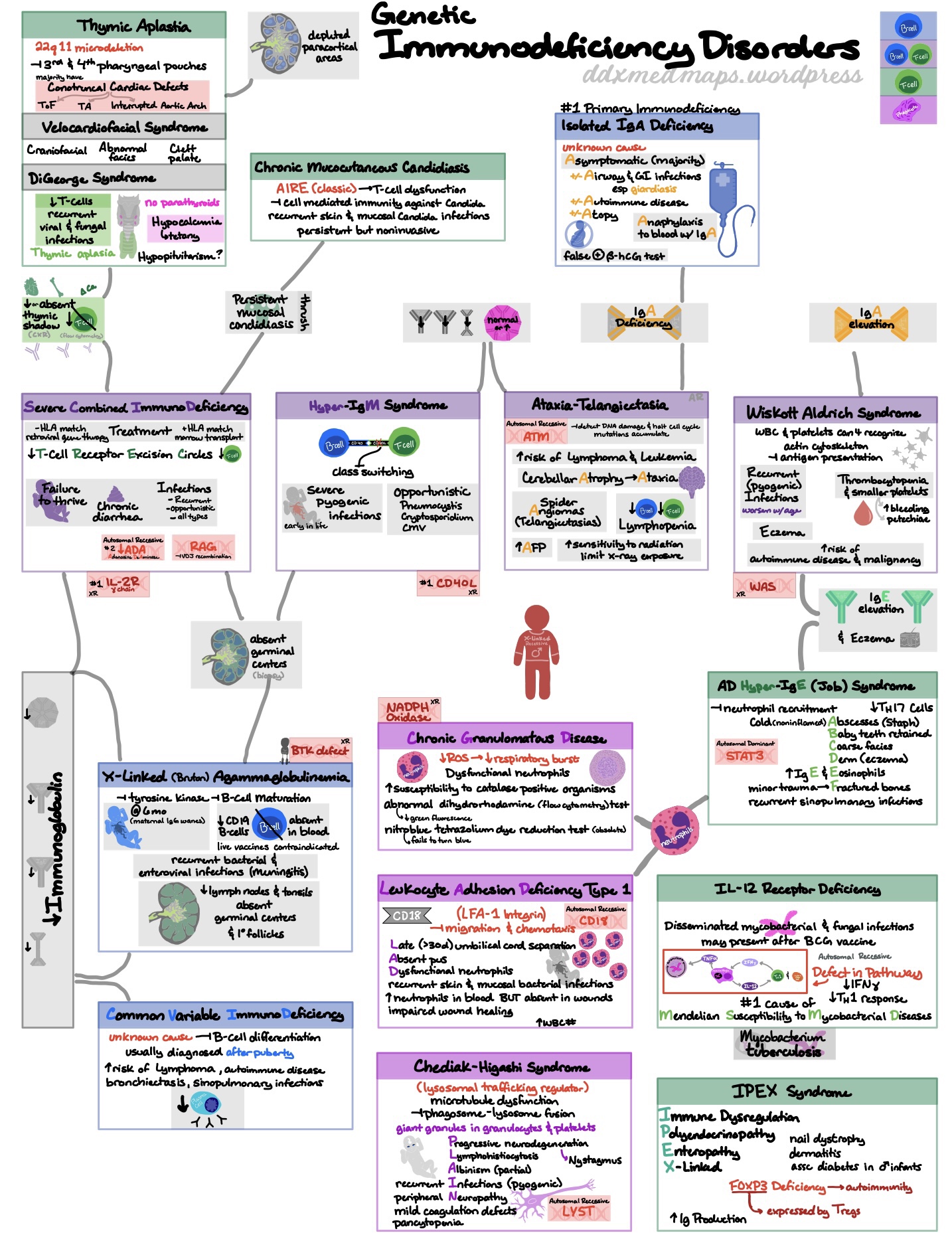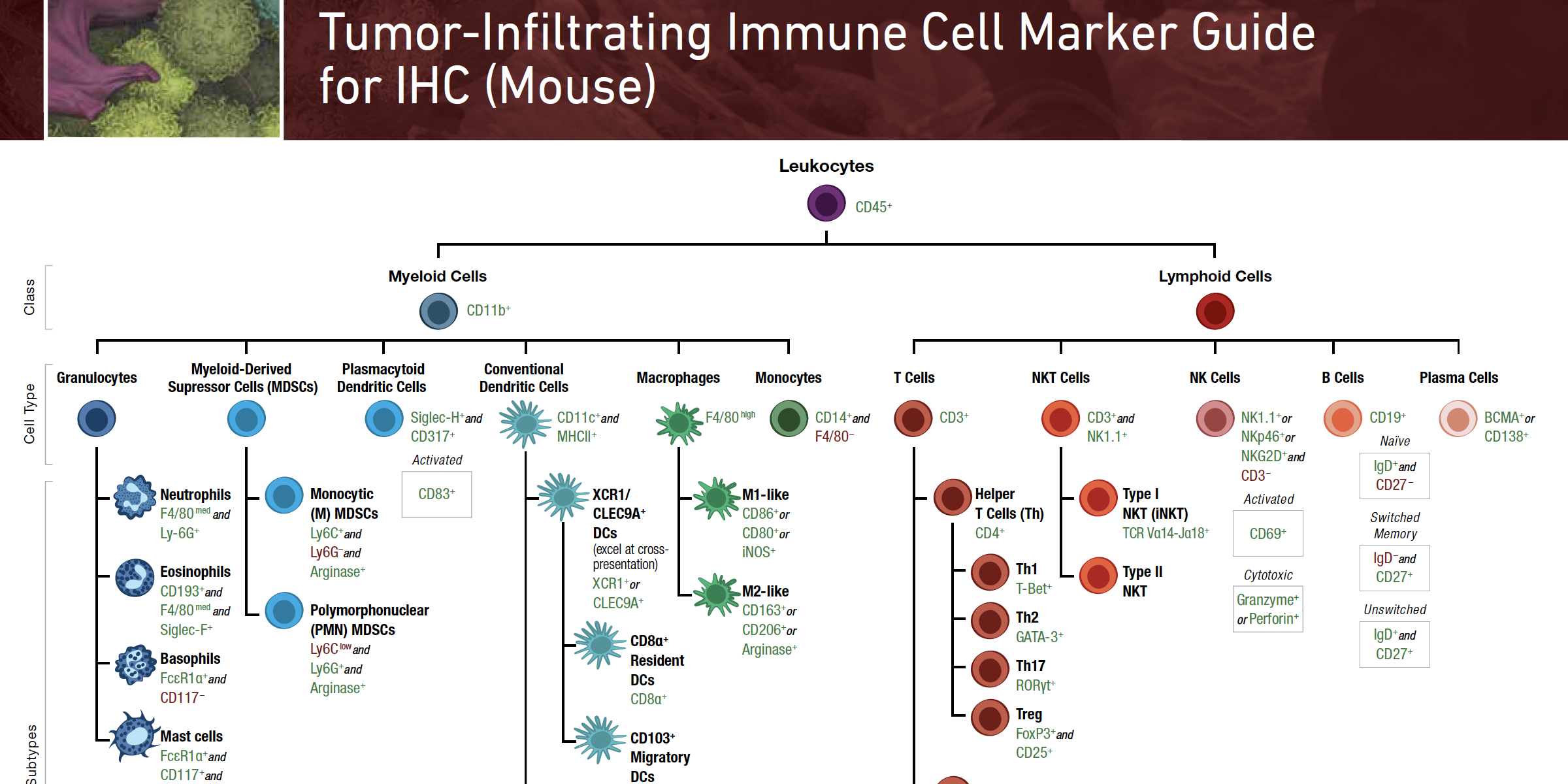
Immunology Map VII Adaptive (Acquired) Immunity YouTube
150 000808-16 g/l1.Distributed in blood and interstitial fluids. (monomer)2.The major immunoglobulin of the secondary immune response *. 3.The only immunoglobulin that crosses the placenta, and therefore the major protective immunoglobulin in the neonate. Most maternally transmitted IgG has disappeared by 6 months †.
innate immunity
Concept map of a list of immunology terminology After completing Module 1, you should be able to include some of the words in your concept map review! The major concepts covered in this module are highlighted in the word list. Remember that this a tool for you to use throughout the course.

Immunology Step Study Guide Updated DDX MED MAPS
Higher Order Immune Pathology Higher Order Immune Regulation Surveillance Innate Immune Response Innate Immune Responses Epithelial Barriers Epithelial Barriers Cellular Receptors Cellular Receptors Phagocytes Phagocytes Neutrophils (PMN) Neutrophils (PMN) Macrophage/Monocytes NK

SOLUTION Immunology Mind Map Studypool
Introduction: Concept maps are graphical representations of knowledge that connect concepts, ideas, and relationships. The present study aims at assessing the perception of medical students in utilization of concept maps as a tool to foster their lifelong learning skills in immunology.

Immunology Principles Mindmap on Meducation Medical student study
It can be concluded that concept maps are effective active learning strategies to improve the metacognitive domain of medical students in immunology course, thus assisting them to become better lifelong learners. Introduction: Concept maps are graphical representations of knowledge that connect concepts, ideas, and relationships. The present study aims at assessing the perception of medical.

human immune system mind map Google Search Organic Chemistry Study
Introduction. With some exceptions, the long-term impact of mathematical modeling on basic and clinical immunology has been modest (1-4), and sometimes counter-productive (), despite claims to the contrary.The major reason is our incomplete understanding of the qualitative rules [or core principles ()] that govern organized immune phenomena at the cellular and multicellular levels.

More Than a Phenotype a Guide to Assessing Tumorinfiltrating Immune
Introduction: Concept maps are graphical representations of knowledge that connect concepts, ideas, and relationships. The present study aims at assessing the perception of medical students in utilization of concept maps as a tool to foster their lifelong learning skills in immunology.

Immunology, the adaptive immune system T cell mediated immunity
The immunological mechanisms leading to the induction of inflammation during the first stages of host defense against invading pathogens. α1-antitrypsin (AAT), pathogen associated molecular patterns (PAMPs), antimicrobial peptides (AMPs), danger associated molecular patterns (DAMPs), membrane attack complex (MAC), reactive oxygen species (ROS),.

Introduction to immunology McMaster Pathophysiology Review in 2020
The present study aims at assessing the perception of medical students in utilization of concept maps as a tool to foster their lifelong learning skills in immunology.Methods: The current study was approved by Institutional Ethics and Review Committee.

Immunology I ,THE PHYSIOLOGY OF THE IMMUNE SYSTEM The Amazing Medicine
The explosion of single-cell and systems approaches in immunology risks leaving the uninitiated behind. This guide to systems immunology is designed for immunologists who want an introduction to.

Concept Map Of Adaptive Immunity Map of world
Concept Map for Innate Versus Adaptive Immunity : We will now take a closer look at adaptive immunity. Summary. The body has two immune systems: the innate immune system and the adaptive immune system. Innate immunity is an antigen-nonspecific defense mechanisms that a host uses immediately or within several hours after exposure to almost any.
Biology Concept map5 immuno revised
The immune system is a system of biological structures and processes within an organism that protects against disease. To function properly, an immune system must detect a wide variety of agents, from viruses to parasitic worms, and distinguish them from the organism's own healthy tissue. Pathogens can rapidly evolve and adapt to avoid.

immune system.cmap (1114×829) Environmental science Pinterest
Using perspectives from four different immunology educators, we describe a range of student-centered, active learning approaches that have been field-tested in a number of different immunology classrooms and that are geared to a variety of learning styles.

Immunology Map VI Humoral Immunity YouTube
The classical definition of inflammation—comprising rubor (redness), calor (warmth), dolor (pain) and tumor (swelling), as described by Celsus (30 BC -38 AD ), and functio laesa (loss of.

Cells of the immune system Biomedical science, Medical laboratory
Chapter 1 Basic Concepts in Immunology Immunology is a relatively new science. Its origin is usually attributed to Edward Jenner ( Fig. 1.1 ), who discovered in 1796 that cowpox, or vaccinia, induced protection against human smallpox, an often fatal disease.

The Immune System (Structure and Function) (Nursing) Part 2
Search life-sciences literature (41,644,046 articles, preprints and more) Search. Advanced search